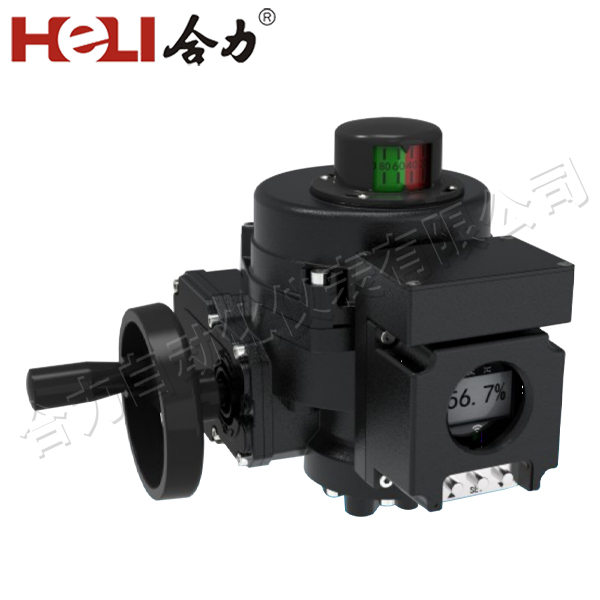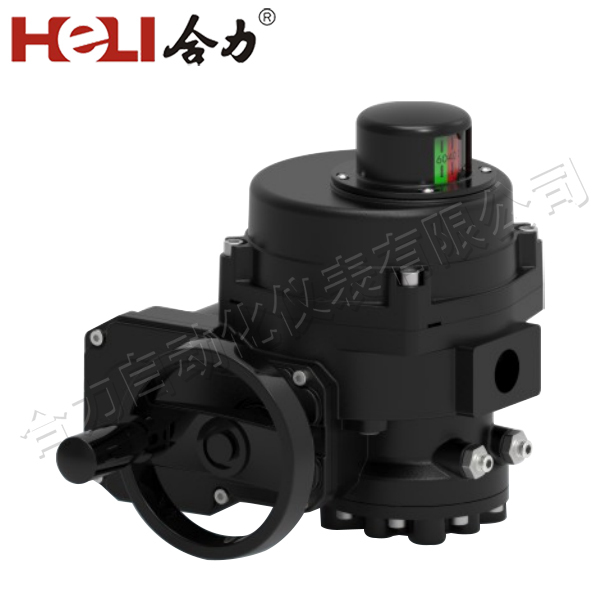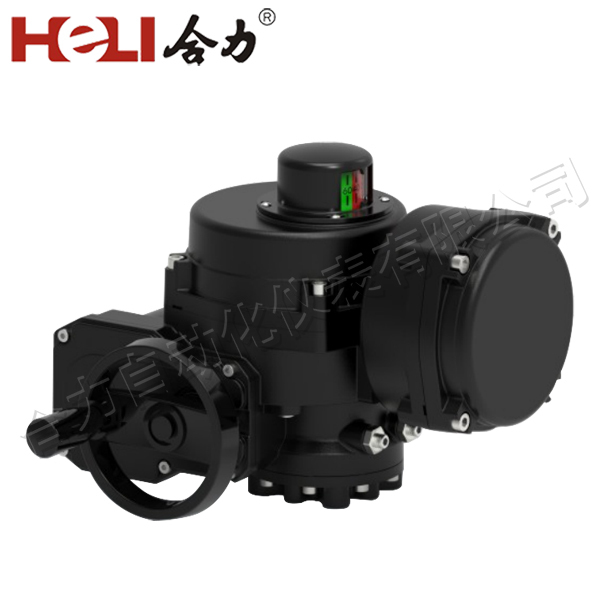In the pursuit of sustainable and clean energy solutions, hydrogen energy has emerged as a promising alternative to traditional fossil fuels. One of the most exciting applications of hydrogen energy is its integration with electric actuators, offering a cleaner, more efficient, and environmentally friendly way to control mechanical systems. A hydrogen energy electric actuator combines the principles of hydrogen power and electric actuation, providing a robust solution for a wide range of industries, from transportation to robotics, manufacturing, and even renewable energy systems.

What is a Hydrogen Energy Electric Actuator?

A hydrogen energy electric actuator is a device that uses hydrogen fuel cells to generate electricity, which is then used to power an electric actuator. Electric actuators are typically used to control movement in machinery or vehicles, converting electrical energy into mechanical motion. By integrating hydrogen fuel cells, the actuator can operate without the need for traditional power sources such as batteries or direct electrical grids, making it a highly energy-efficient and eco-friendly solution. Hydrogen energy acts as a clean source of fuel, producing only water vapor as a byproduct when used in a fuel cell. This significantly reduces the carbon footprint and harmful emissions typically associated with conventional actuators powered by fossil fuels or even electricity generated from non-renewable sources.
